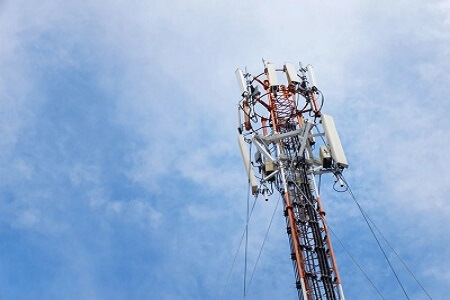
A new report from market research firm Omdia writes that the intermittency of renewable energy requires additional storage capacity in the grid. Lithium-ion batteries can meet this growing demand. As society becomes increasingly reliant on mobile communications, regulators may require operators to deploy battery storage at cell towers in case of grid outages. Cell site batteries can pay for themselves if operators use them to store power at night (when power is cheap) and release it during the day (when power is expensive). Operators can also generate revenue by providing frequency restoration services to the grid. Finnish telecom operator Elisa has developed a system to monetize cellular base station battery storage and estimates the payback period for lithium-ion energy storage to be between three and five years.

One solution is to prepare other power plants to fill the gap. Nuclear power plants are best suited for base load because they cannot be turned on and off easily. Gas turbines can be put into service quickly, however, this produces greenhouse gas emissions. A greener solution would be to store wind and solar energy during times of oversupply (strong sunlight and wind) and release it when power is scarce.














